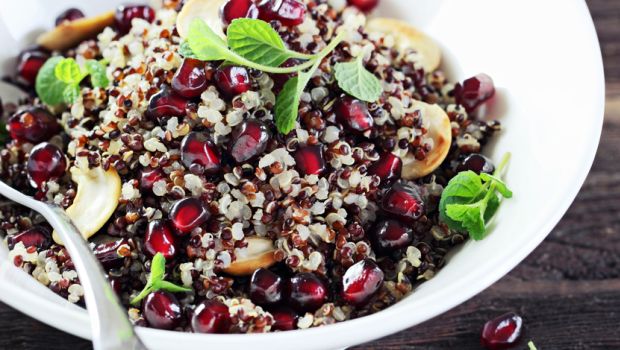Being a Perth Personal Trainer part of my job is to review my clients existing nutritional plan. One of my main priorities is to reduce my clients salt intake to improve their overall health. Too much sodium isn’t good for you. In fact The Heart Foundation estimates up to 6000 lives could be saved each year if Australians reduced their salt intake by 30 per cent. Excess sodium can raise your blood pressure, make you puffy and bloated, a key factor in cardiovascular disease and stroke.. On average you should consume 6g of salt per day which equates to a teaspoon per day, research shows currently Australian consume on average 8 – 9g per day. It is advised to reduce or avoid highly processed foods as they contain high levels of sodium, they’re often ridiculously high in sodium. Most Australians are conscious that they shouldn’t be adding additional salt to their food however it still happens as they just aren’t aware of how much salt the are taking in because they are not aware of the recommended daily intake and do not read the food labels,
Reduce your daily intake.
It is estimated a whopping 75 per cent of our salt intake comes from packaged and processed foods we eat every day, like bread, breakfast cereals, processed meats, cheese, sauces and spreads. People up to age 50 should consume no more than 2,400 milligrams ( 6g ) of sodium a day. And if you’re older than 50, take in no more than 1,500 milligrams a day ( 4g ).
Purchase the low sodium version.
Take this advice with a pinch of salt…pardon the pun, when you are shopping for your weekly groceries,carefully read the food labels and choose the alternative low sodium version of all your favorites. From ketchup to peanut butter, the simple change of purchasing the low salt version will dramatically reduce your overall intake daily.
Salty Foods To Avoid
High levels of salt can be found in the following foods:
- Packet Soups & sauces
- The Aussie favourite – Sausage Roll
- Processed meat
- Pizza
- Frozen Meals
- Takeaway Burgers
- Chips / Crackers
- Salted Nuts
- Stock Cubes
Find other ways to flavour your meal and avoid the saltshaker. Options available to you are herbs and spices such as garlic, salt free seasonings, lemon juice and vinegar.
Salt and health
Excessive salt intake impacts the body and your health in numerous ways and can be associated with conditions other than high blood pressure such as:
- heart failure/heart attack
- kidney problems and kidney stones
- edema (fluid retention)
- stroke
- left ventricular hypertrophy (thickening of heart muscle)
- Osteoporosis.
In conclusion, you can easily get your daily fix of salt from the natural salt found in fresh foods and there is no need to reach for the saltshaker.








Hi, this is a comment.
To get started with moderating, editing, and deleting comments, please visit the Comments screen in the dashboard.
Commenter avatars come from Gravatar.